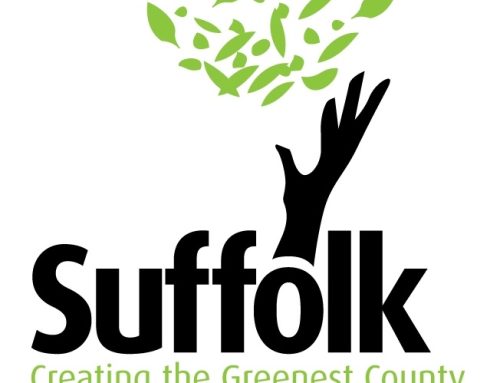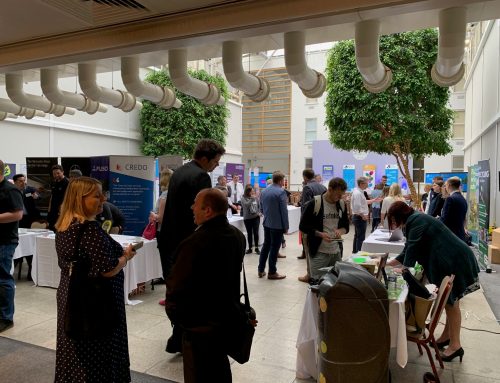Suffolk Climate Change Energy and Environment Board news release
Families living in cold draughty rented properties in Suffolk can expect warmer homes thanks to a new campaign to help councils clamp down on landlords.
Suffolk’s councils have secured £248,282 in funding from Department for Business Energy and Industrial Strategy (BEIS) to deliver a project by March 2022.
Over 40,000 families living in cold and draughty rented properties across 59 local authorities in England and Wales can expect warmer homes thanks to a new campaign to help councils clamp down on errant landlords.
Since April last year privately rented homes must meet a minimum energy performance rating of Energy Performance Certificate (EPC) Band E, making it illegal to rent out homes below that unless landlords have a limited exemption. Landlords caught failing to fulfil their obligations can be fined of up to £5,000 per property and per breach.
Badly insulated properties often leave those renting their homes struggling to keep warm and with higher energy bills. The rule change is expected to see energy efficiency upgrades such as loft insulation, double glazing and cavity wall insulation being installed by landlords in around 290,000 properties – with an estimated average bill saving of £180 a year for each home. This move forms part of the government’s actions to protect consumers, particularly those on lower incomes, as we manage the impact of global gas price rises.
The £4.3 million of extra funding from the Department for Business Energy and Industrial Strategy (BEIS) to councils across the country is designed to support them make an extra 100,000 engagements with the most difficult to reach landlords with the worst performing properties.
The money will support innovative measures including local radio ads, roadshows and workshops with landlords to raise awareness of the rules, free property surveys, as well as enhanced and targeted mail reminders and translation services to reach those not currently complying. One council will even invest in a drone with thermal imaging capacity to help with on the ground inspections.
Councillor Andy Drummond, chair of the Suffolk Environment Cabinet Members group, said:
“I’m delighted we have been awarded this funding, it will develop our existing work of targeting landlords who do not care that their properties are cold and damp. This makes for unpleasant and unhealthy conditions for their tenants.
“The project’s messages will focus on the law, the climate emergency and the help available to improve poor performing properties. Our councils will continue to work closely together, combining education with enforcement, appropriately and consistently.”
“The project will be led by East Suffolk with a working programme board that will meet monthly to ensure targets are being met. Staffing resources funded by the project will be shared but work to a common brief. Funding opportunities will be promoted to deliver improvements to Energy Performance Certificate ratings. Where enforcement is necessary and leads to fines, they will be pooled to continue the project work after March 2022.”
Michael Gallagher, Head of Midlands Energy Hub:
“Midlands Energy Hub are delighted to be supporting Suffolk’s councils with the PRS Enforcement Competition, funded by BEIS. This competition looks to assist 59 local authorities across England and Wales with implementing and enforcing the requirements of the Minimum Energy Efficiency Standard (MEES) Regulations.
“Through improving the quality of housing stock, the whole project looks to target over 95,000 of the worst-performing private rented homes with the ultimate aim of tackling fuel poverty and reducing carbon emissions produced by the domestic housing sector.”
Business and Energy Minister, Lord Callanan, said:
“This funding will help councils to support landlords with these important energy efficiency changes, but also enforce these standards, helping tackle fuel poverty and ensuring everyone can live in a warm home with fair energy bills.
“Heating our homes and buildings makes up almost a third of all carbon emissions, meaning raising the energy efficiency of our properties is something we all have to contribute to help us build back greener and reach our world leading climate ambitions.”
The government has set 2035 as the target for all homes across the UK to reach EPC C by 2035 and is currently spending £1.3 billion on improving the energy efficiency of 50,000 low-income local authority homes, through the successful Local Authority Delivery Scheme. Measures include cavity wall, underfloor and loft insulation, and replacing gas boilers with low carbon alternatives like heat pumps.






